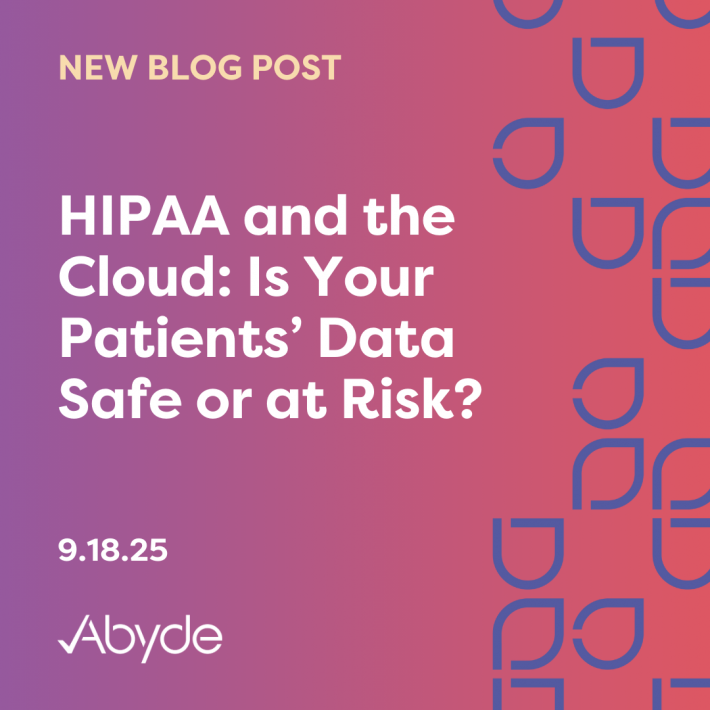February 12, 2024
The medical field is undergoing a digital revolution, and IT companies are more than just the folks building all the fancy gadgets. They’re putting on virtual white coats and becoming Business Associates (BAs), working hand-in-hand with healthcare providers. But this isn’t just about cool tech – it’s about protecting something crucial: your health information.
So, what exactly do BAs do?
The Health Insurance Portability and Accountability Act (HIPAA) defines BAs as any person or entity that creates, receives, transmits, or maintains protected health information (PHI) on behalf of a covered entity, such as a hospital or health insurance provider. This means IT companies involved in tasks like:
- Electronic Health Records (EHR) systems: Developing, implementing, and maintaining these vital platforms.
- Medical billing and coding: Processing claims and ensuring accurate coding practices.
- Data analytics: Analyzing patient data for research or quality improvement initiatives.
- Cloud storage: Securely storing and managing sensitive medical information.
Responsibilities and Actions:
Becoming a BA comes with a significant responsibility to comply with HIPAA regulations. Here’s what IT companies, as BAs, must do:
- Implement robust security measures: This includes encryption, access controls, and regular security assessments to protect PHI from unauthorized access, use, disclosure, alteration, or destruction.
- Train employees on HIPAA compliance: All personnel handling PHI must understand and adhere to HIPAA regulations.
- Conduct risk assessments: Regularly identify and mitigate potential security risks to PHI.
- Respond to breaches promptly: Have a clear plan for identifying, reporting, and mitigating data breaches.
- Maintain accurate records: Document all activities involving PHI and retain records as per HIPAA requirements.
Beyond Compliance: Building Trust and Value:
While compliance is paramount, IT companies can go beyond the minimum requirements and truly become valuable partners in healthcare. Here are some ways:
- Proactively innovate for better patient care: Develop solutions that improve patient engagement, streamline workflows, and enhance clinical decision-making.
- Embrace transparency: Communicate openly and honestly about data practices and security measures.
- Collaborate with healthcare providers: Work closely with healthcare professionals to understand their needs and develop solutions that address them effectively.
- Invest in continuous improvement: Regularly assess and update security practices to stay ahead of evolving threats.
The Future of IT in Healthcare:
The future of healthcare is digital, and IT BAs are the key to keeping it safe and secure. By embracing their responsibilities and working together, they can ensure that technology not only revolutionizes healthcare, but also protects what matters most – the health and safety of patients. To learn more about our IT partners, click here. To learn more about how to keep your IT organization compliant, email info@abyde.com and schedule a compliance consultation here.





